Towards a sustainable visitor economy
A practical toolkit for destination and city marketing organisations
 Photo: Rooftop Garden©David Rozing
Photo: Rooftop Garden©David Rozing

 Photo: Rooftop Garden©David Rozing
Photo: Rooftop Garden©David Rozing
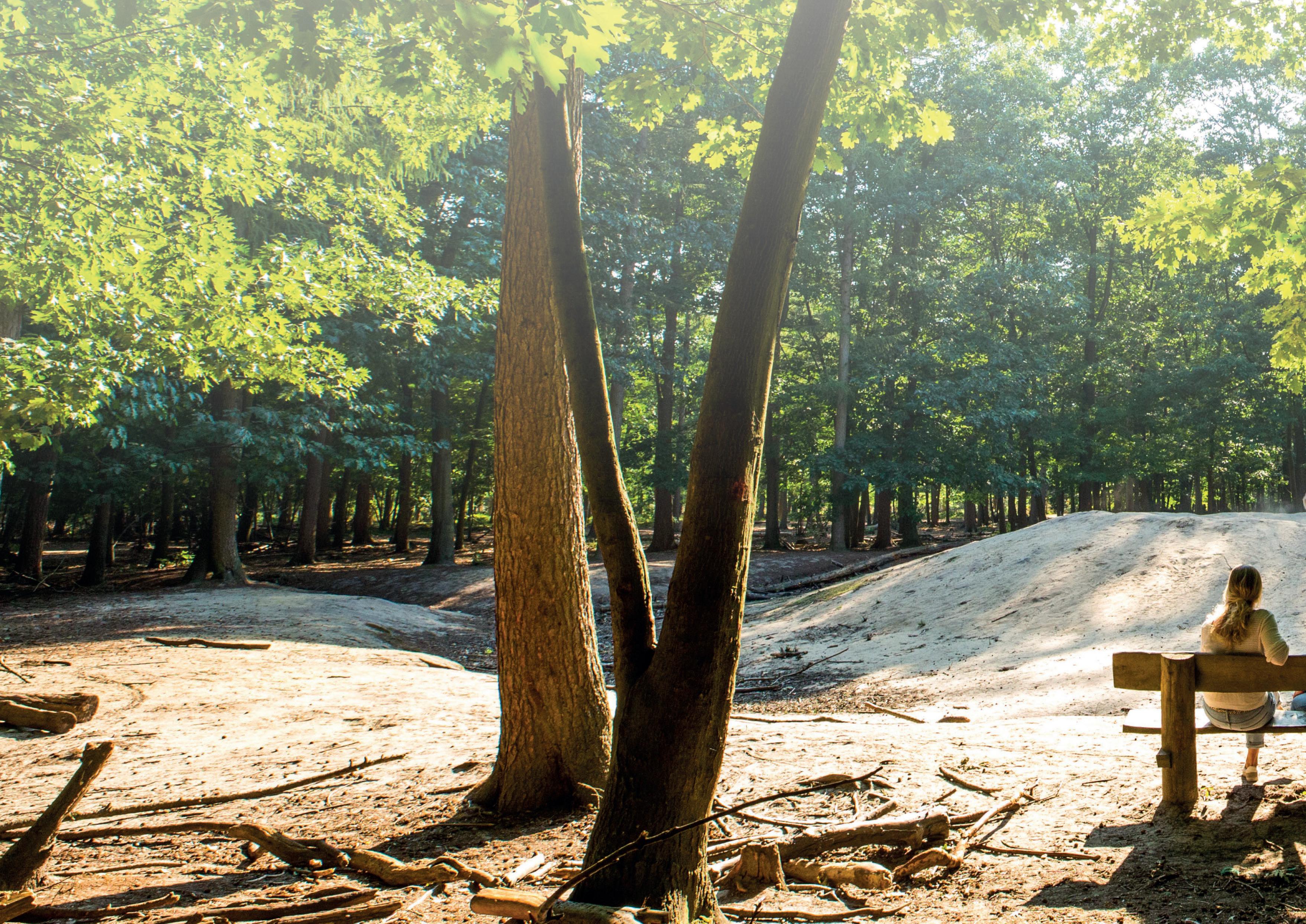
The role of destination and city marketing organisations (DMOs/CMOs) has changed in recent years due to a rapidly changing environment and the impact of the coronavirus pandemic. DMOs and CMOs need to be resilient and adapt to the changing circumstances in which they operate. This means it is important for destinations to work towards a sustainable visitor economy. They must aim to become conscious destinations, in which liveability is guaranteed for residents, visitors add value and there is a good business climate.
In 2019, Destination Netherlands published the co-created toolkit ‘The changing role of the destination marketing organisation’. However, the circumstances are changing at great speed, destinations face complex challenges and sustainability is more important than ever. Therefore, the toolkit has been revised to focus on the role of the DMO/CMO within a sustainable visitor economy. A range of recently published international and national sources examining this role in a sustainable visitor economy were analysed for this revised version. The aim was to create a new, comprehensive overview of the changing role of the DMO/CMO in the sustainable visitor economy, addressing the three Ps – people, planet and profit – and focusing on balance. This toolkit can be used in discussions with stakeholders to help make decisions and clarify what changes are needed. We invite all DMOs and CMOs in the Netherlands to try using the techniques in this toolkit and explore how they can be applied to their own vision and strategy.
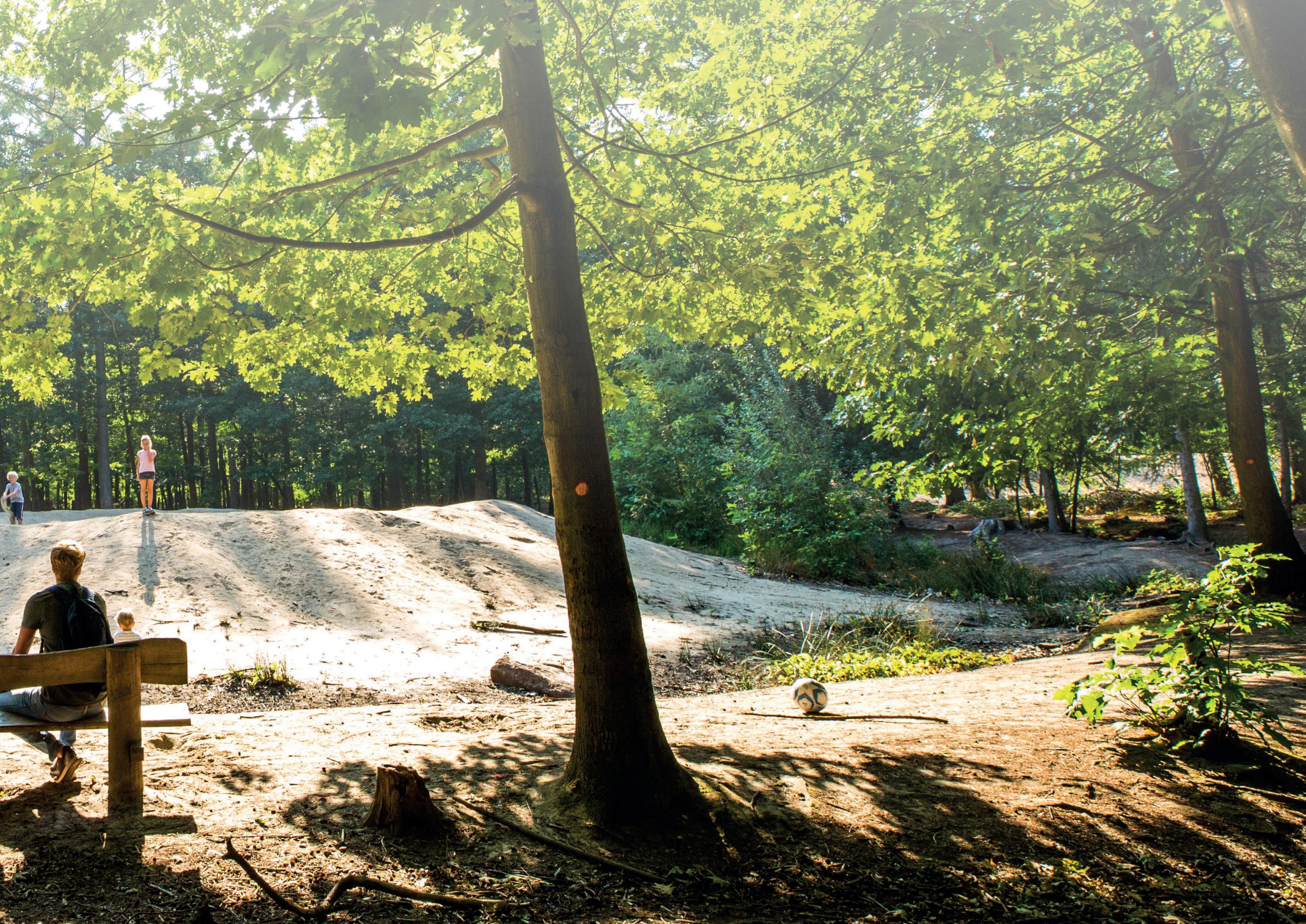 3.
Towards a sustainable visitor economy - A practical toolkit for destination and city marketing organisations
3.
Towards a sustainable visitor economy - A practical toolkit for destination and city marketing organisations
How can DMOs/CMOs flesh out their role within the sustainable visitor economy? Which issues are most important and how should you address them? In this toolkit, you will find the 12 most important topics for you and other stakeholders to consider.
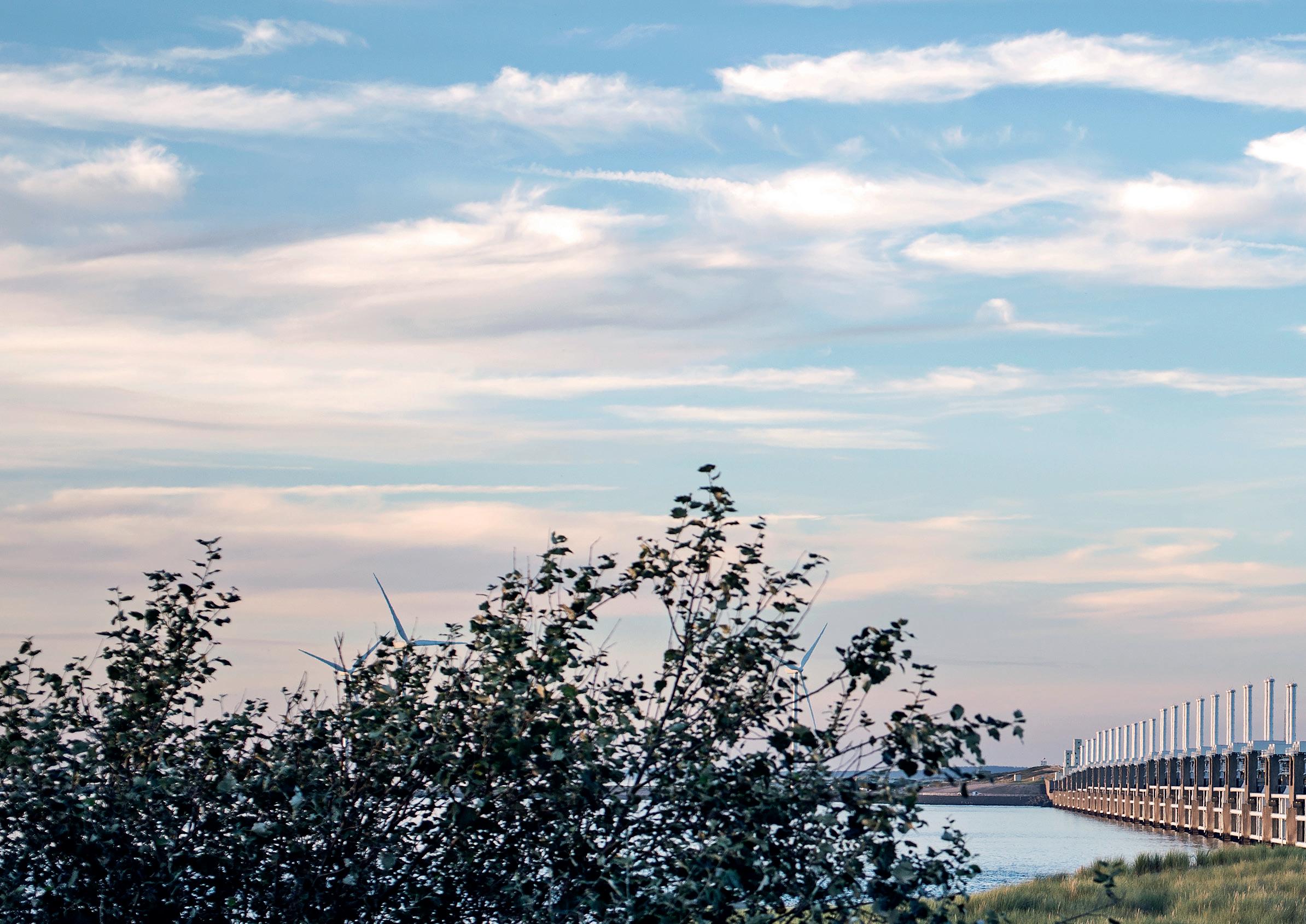
1. Strategy
7. Sustainable business practices
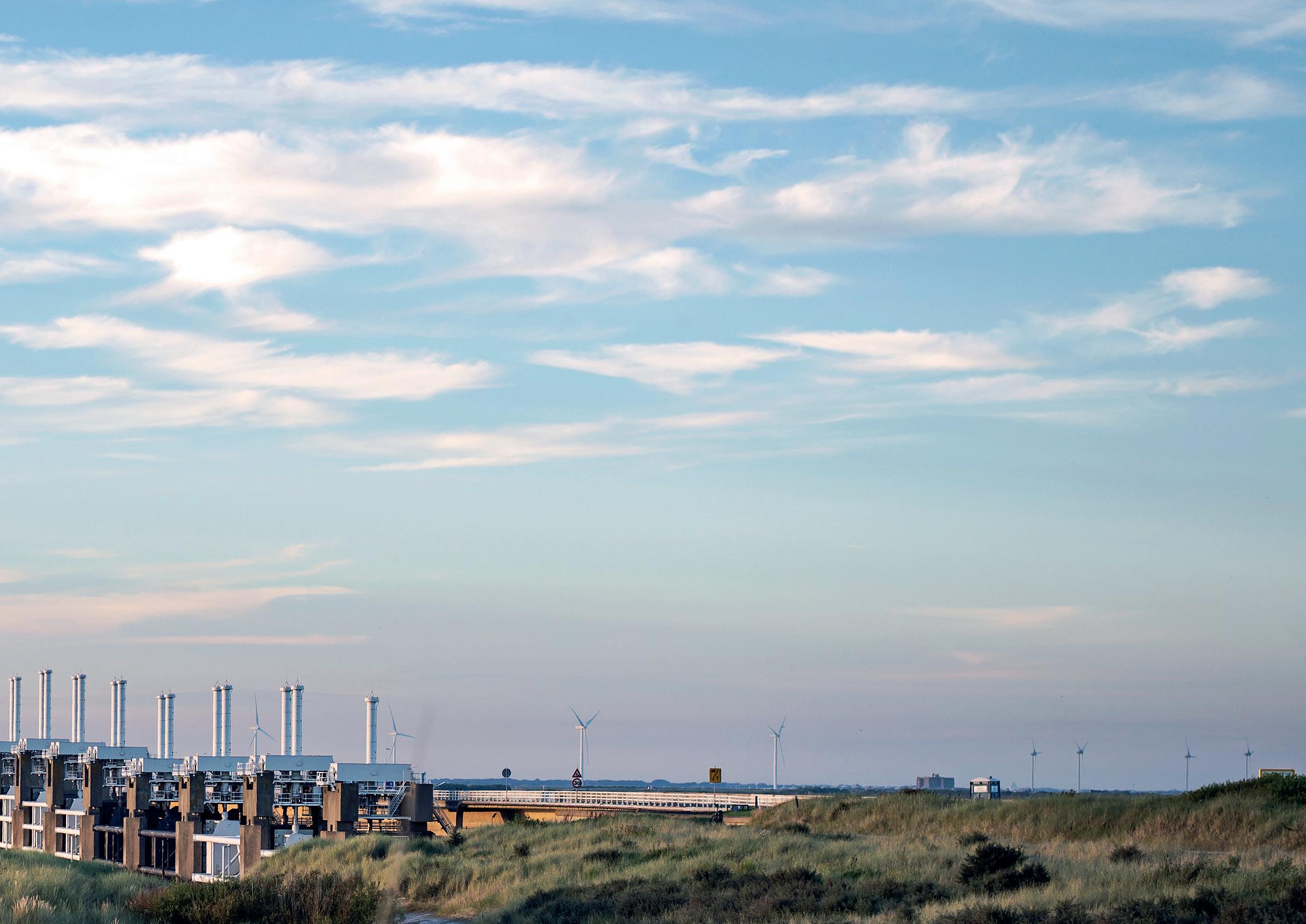
2. Communications & Public affairs
8. Involving residents
3. Partnerships & Collaboration
9. Accessibility & Inclusiveness
4. Destination branding
10. Hospitality development
5. Destination management
11. Human Capital
6. Knowledge & Insights
12. Trends & Developments
5.
Focus on long-term contributions to well-being and prosperity in the development of your city or region
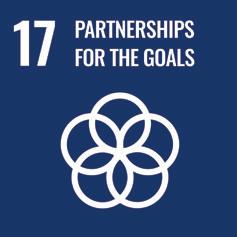
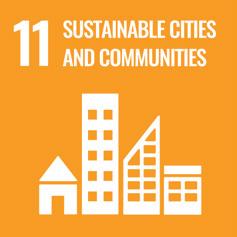
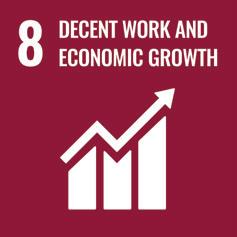
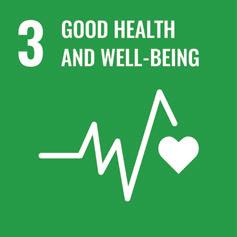
Align your strategy with your city or region’s wider vision on social, political and environmental issues, making sure they correspond to your organisation’s KPIs
Assemble a strong board for your DMO/CMO that is both balanced and representative of your city or region
Engage in regular dialogue with residents, politicians, local government, institutions and the business community
Ensure that there is always a direct link between your objectives as a DMO/ CMO and the projects you are implementing
Inform residents about, and involve them in, your activities and objectives and find out their opinions
Focus on value-added visitors who make a positive contribution to the destination
Towards a sustainable visitor economy - A practical toolkit for destination and city marketing organisations

Contribute to policymaking. Engage in a dialogue with policymakers and involve them in current developments, trends and debates. Share your DMO/ CMO’s knowledge, experience and insights with them
Inform stakeholders of your organisation’s goals, activities and success stories and encourage them to share these successes

Arrange with local media to share news, for example through a weekly newsletter and regular updates on social media channels
Lobby politicians and influencers actively at the regional and national level
Organise meetings (e.g. town forums and inspiration workshops) to physically bring residents, politicians and businesses together to discuss major issues and challenges associated with the sustainable visitor economy in your destination
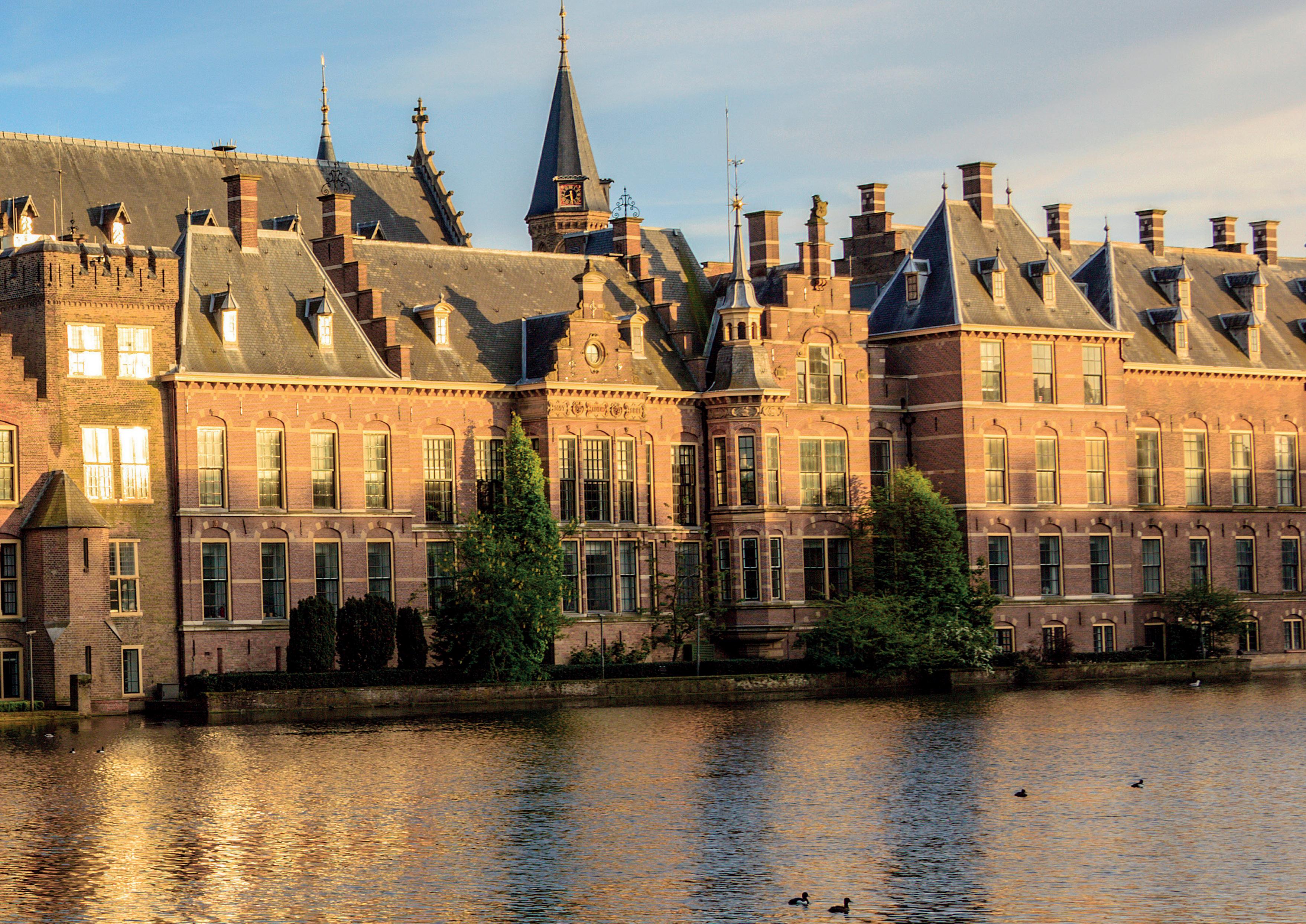
Align communications and public affairs with other DMOs and CMOs at both the provincial and the national level
7. Towards a sustainable visitor economy - A practical toolkit for destination and city marketing organisations
 Photo: The Hofvijver lake, The Hague Marketing Bureau
Photo: The Hofvijver lake, The Hague Marketing Bureau

Assemble a broad partner network that can contribute to a sustainable visitor economy and that accurately reflects your city or region
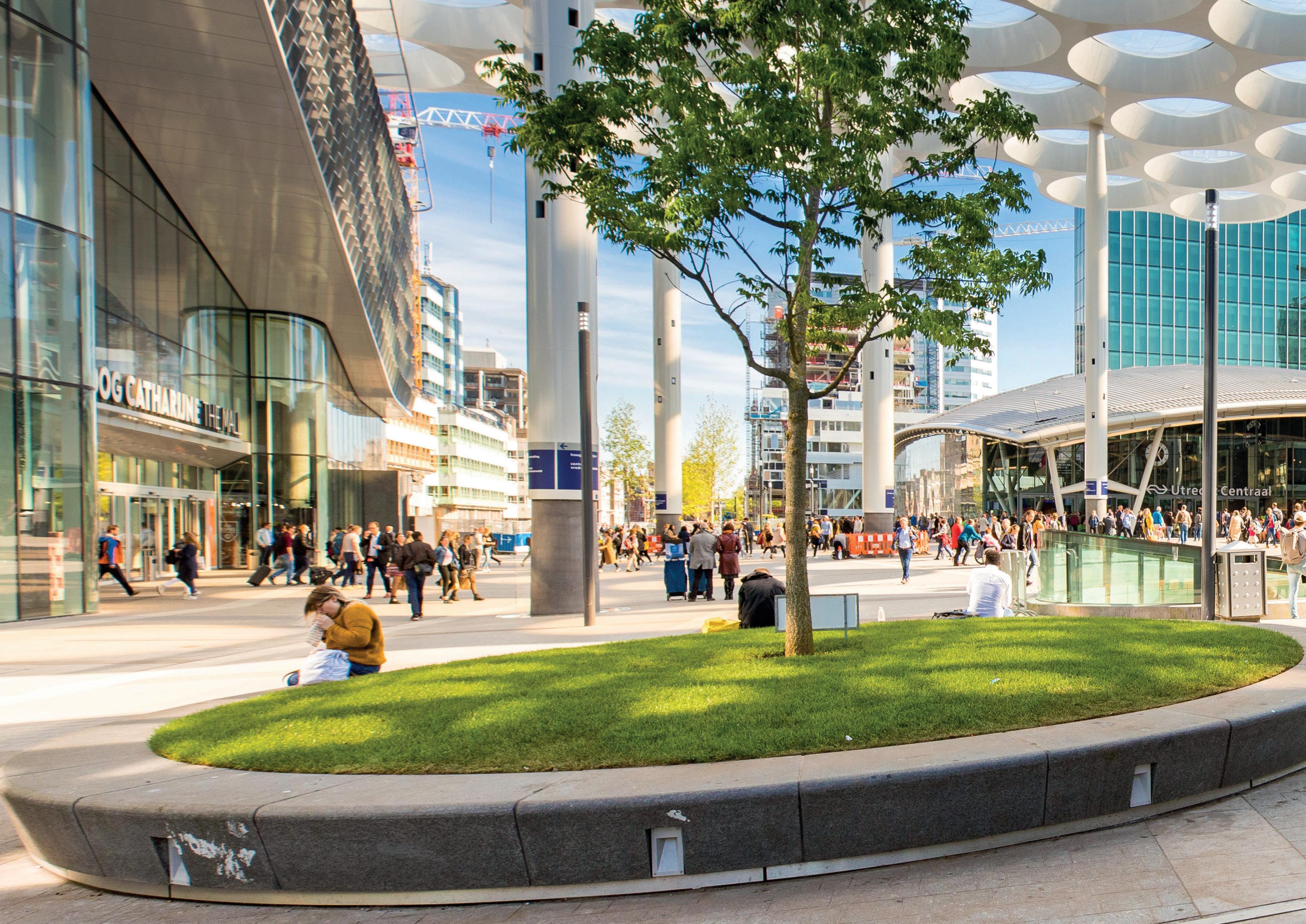
Engage in open and inclusive partnerships. Take on a pivotal role in your city or region

Aim to meet with different strategic partners three to four times a year
Support partners in their communications about the destination and in developing their products and services to ensure that they match your city or region’s DNA as closely as possible
Communicate proactively with partners; share and amplify each other’s successes
Rethink partnerships that do not contribute to the common goal of the sustainable visitor economy
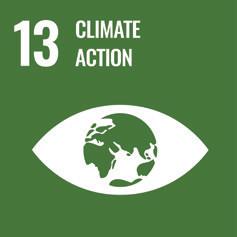

Collaborate with academic institutions focusing on research into sustainability and hospitality. Their insights can contribute to the further development of your DMO/CMO
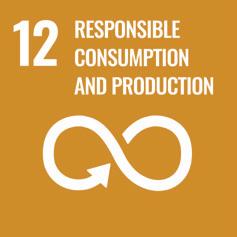
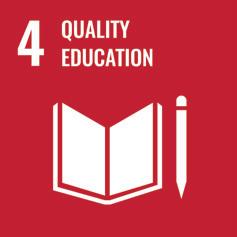

Support local, innovative start-ups that produce responsibly and give them a platform
Pro-actively offer an on-boarding programme to new appointees, for example after elections
Start a movement – for example by forging a new brand alliance with different players across your destination, or by setting up an ambassador programme. A solid fanbase will keep the brand fresh and help it to grow organically
Let others do the talking: while DMOs and CMOs serve as brand custodians, the brand itselve must remain open and accessible to allow for smooth interactions
Monitor how the brand fits into the image of the Netherlands as a whole and how the destination is represented in international markets. Reflect on how local businesses can use these perceptions to stand out and strengthen customer loyalty
Analyse the differences between residents’ and visitors’ perceptions of the destination’s brand
Consider where in the city of region you want to support the destination branding by using the Dutch trustbrand VVV for independent and reliable information
Towards a sustainable visitor economy - A practical toolkit for destination and city marketing organisations


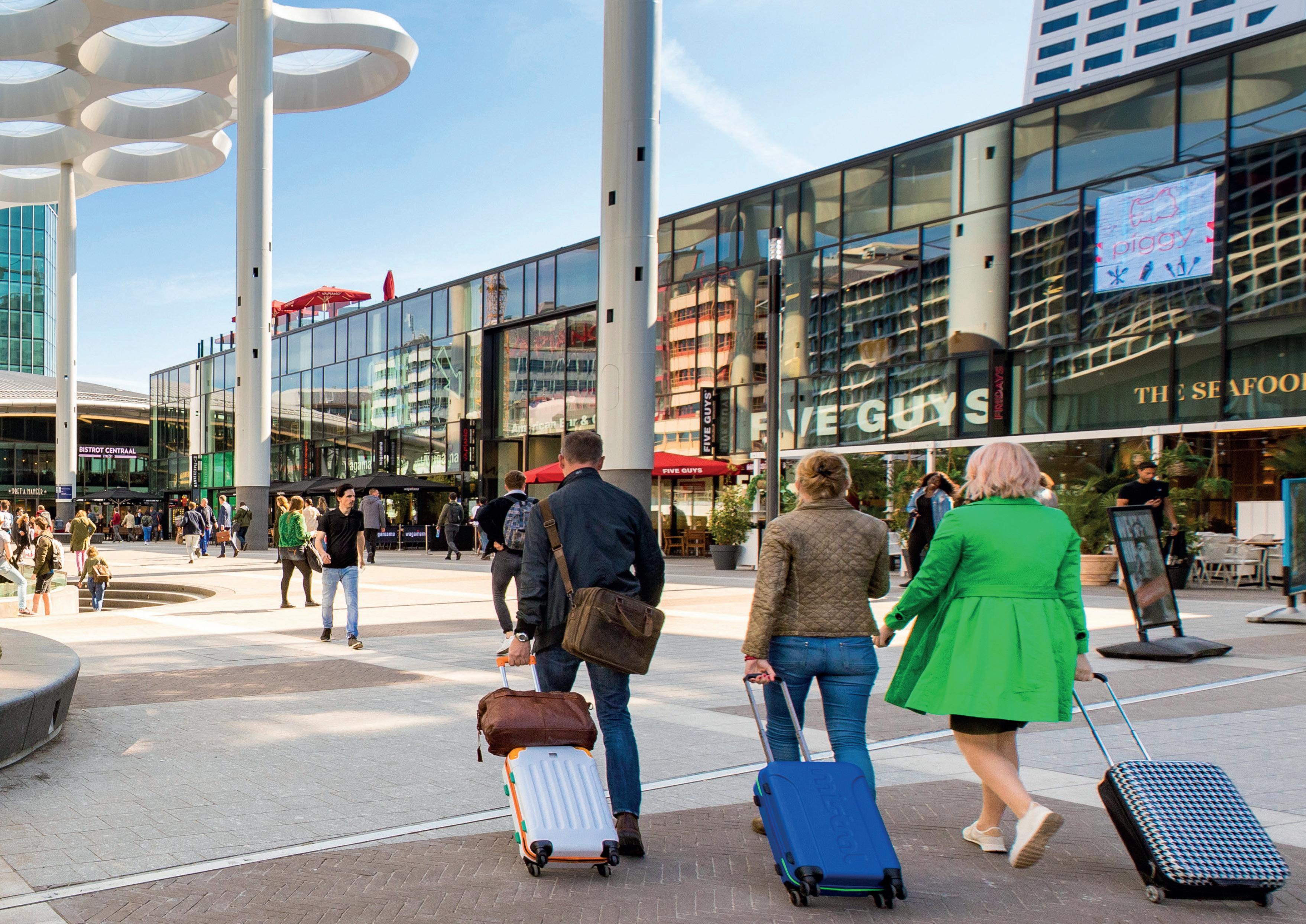
Collect insights into what the destination has to offer and its visitor flows

Guide visitors to lesser-known locations and also focus on attracting visitors outside peak periods (season extension)
Reconsider the target group. Focus on added-value visitors who contribute to the destination. Target visitors who come from nearby and visitors who stay for longer
Encourage green mobility among visitors and residents. Commit to good green infrastructure and lobby for it locally and regionally

Encourage the development of sustainable offers and products in the destination, for instance walking and cycling routes, natural attractions and cultural events and venues

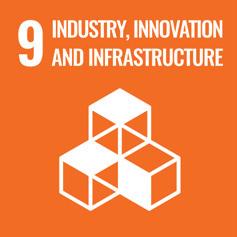
Actively offer your expertise in the field of tourism and recreation at roundtable discussions and in committees that deal with public space, for example around the transition of urban and/or rural areas
Towards a sustainable visitor economy - A practical toolkit for destination and city marketing organisations
Use high-quality data and market research to gain more insight into visitor profiles, visitor numbers, the impact of tourism and leisure and entertainment options at the destination
Lobby local and regional decisionmakers on the importance of data collection and gaining insight into the visitor economy, and use this to attract investors
Add skills such as data analysis and storytelling to your organisation and train employees in these
Be prepared to share knowledge, insights and advice with policymakers, business owners and institutions

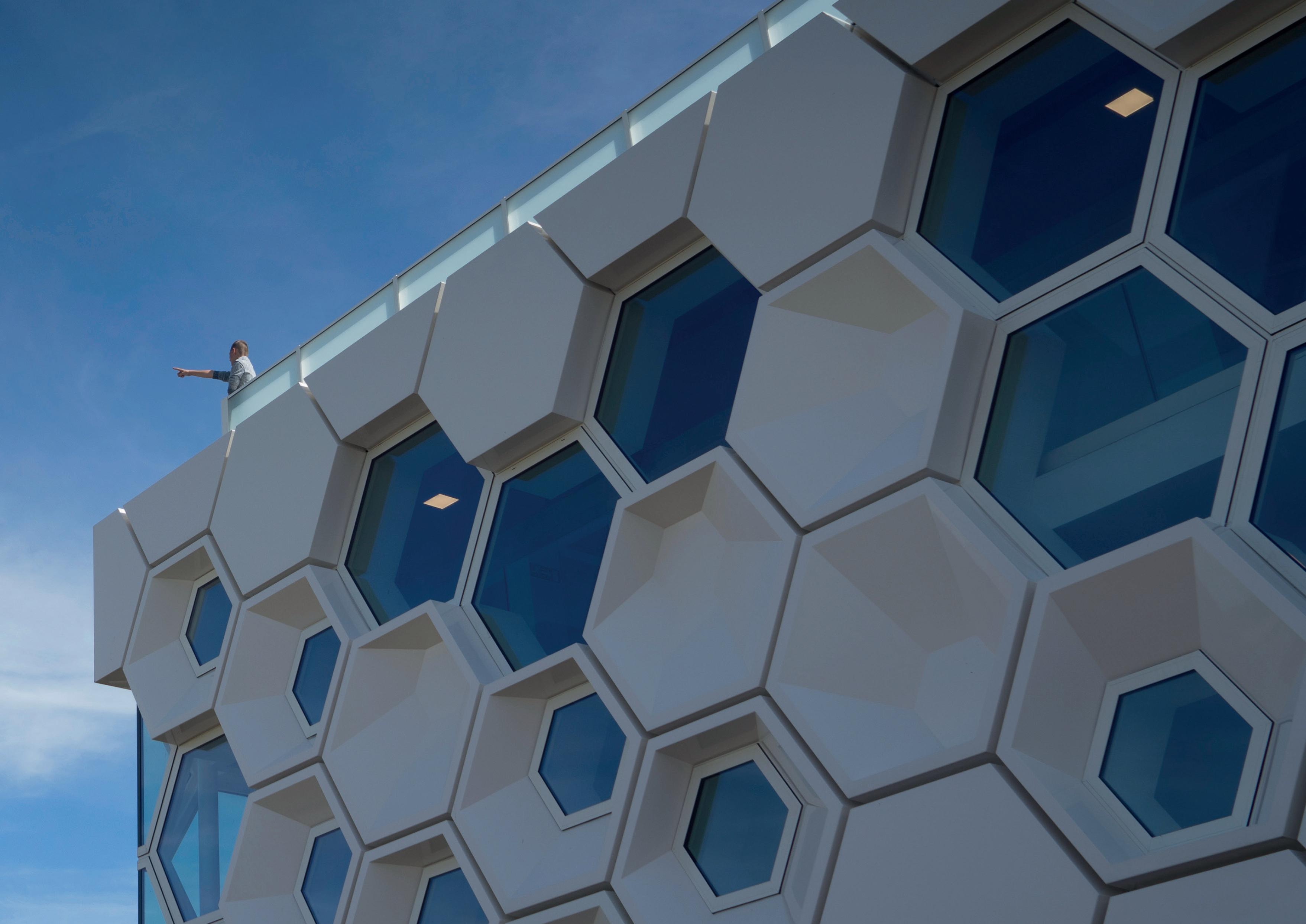
Develop tools for communicating data and insights in an accessible way
Have facts and figures ready when speaking about developments in the leisure economy
11. Towards a sustainable visitor economy - A practical toolkit for destination and city marketing organisations
 Photo: Waterland van Friesland Afsluitdijk, Merk Fryslân
Photo: Waterland van Friesland Afsluitdijk, Merk Fryslân



Drive sustainable development in the city or region

Ensure the destination’s sustainable options, events, activities and venues are highlighted and can easily be found by visitors
Invest in your local community; set a good example by making your own business practices more sustainable

Provide a platform for local makers and their products, encourage partners to produce responsibly
Be mindful of how local residents feel about the leisure economy
Focus on value-added visitors who make a positive contribution to the destination
Towards a sustainable visitor economy - A practical toolkit for destination and city marketing organisations
Organising conferences in a destination contributes to the development of knowledge and innovation and to the local economy. When working on conference acquisition, cooperate with academic and research institutions, public organisations, the Netherlands Board for Tourism and Conventions (NBTC) and local and provincial authorities

Develop environmentally friendly routes and attractions in your city or region. Deploy smart infrastructure and information campaigns to encourage visitors to reduce their carbon footprint and waste output
Act on tourism-related problems that risk damaging the built or natural environment
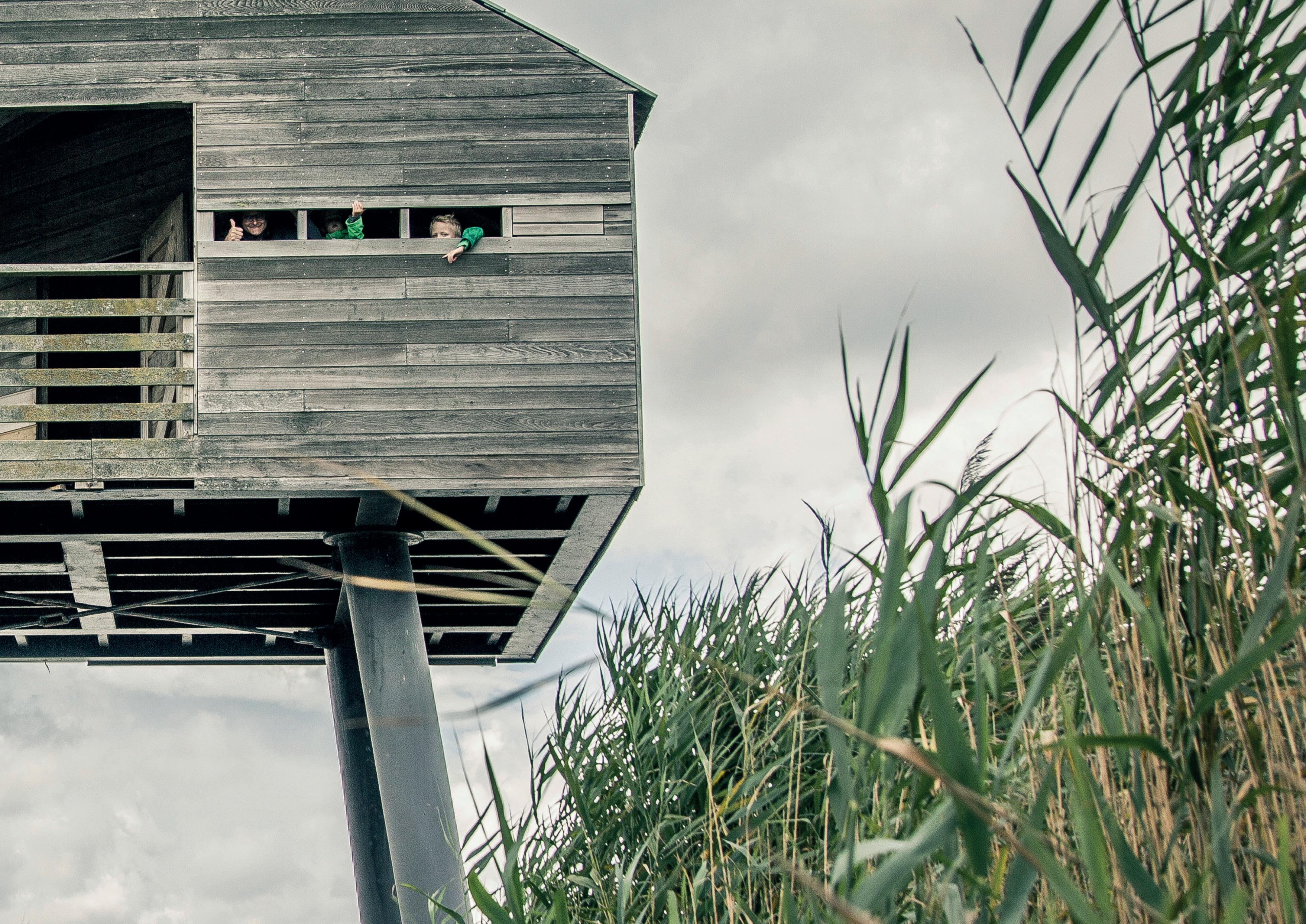
Determine whether as a DMO/CMO you want to play a role in driving a circular economy in your destination, for example, using water sustainably, reducing food waste etc.
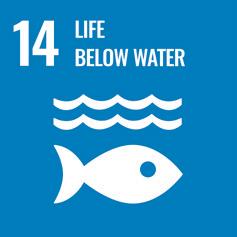
Collect data about the ecological impact within your destination. Think for instance about the carbon footprint
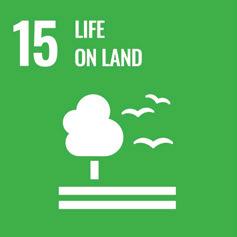
 Photo: Kiekkaste birdwatcher’s hut in Groningen –Stella Dekker Photography
Photo: Kiekkaste birdwatcher’s hut in Groningen –Stella Dekker Photography
Provide a platform for local artisans, creatives and other makers so that they can benefit from tourism


Involve residents in communications and storytelling about your city or region through campaigns, social media, events and other platforms

Encourage residents’ initiatives that promote hospitality and make the destination more appealing
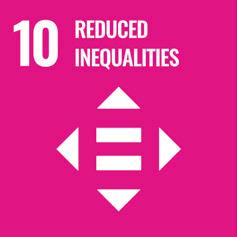
Make sure that both your organisation and your marketing communications reflect the makeup of your city or region
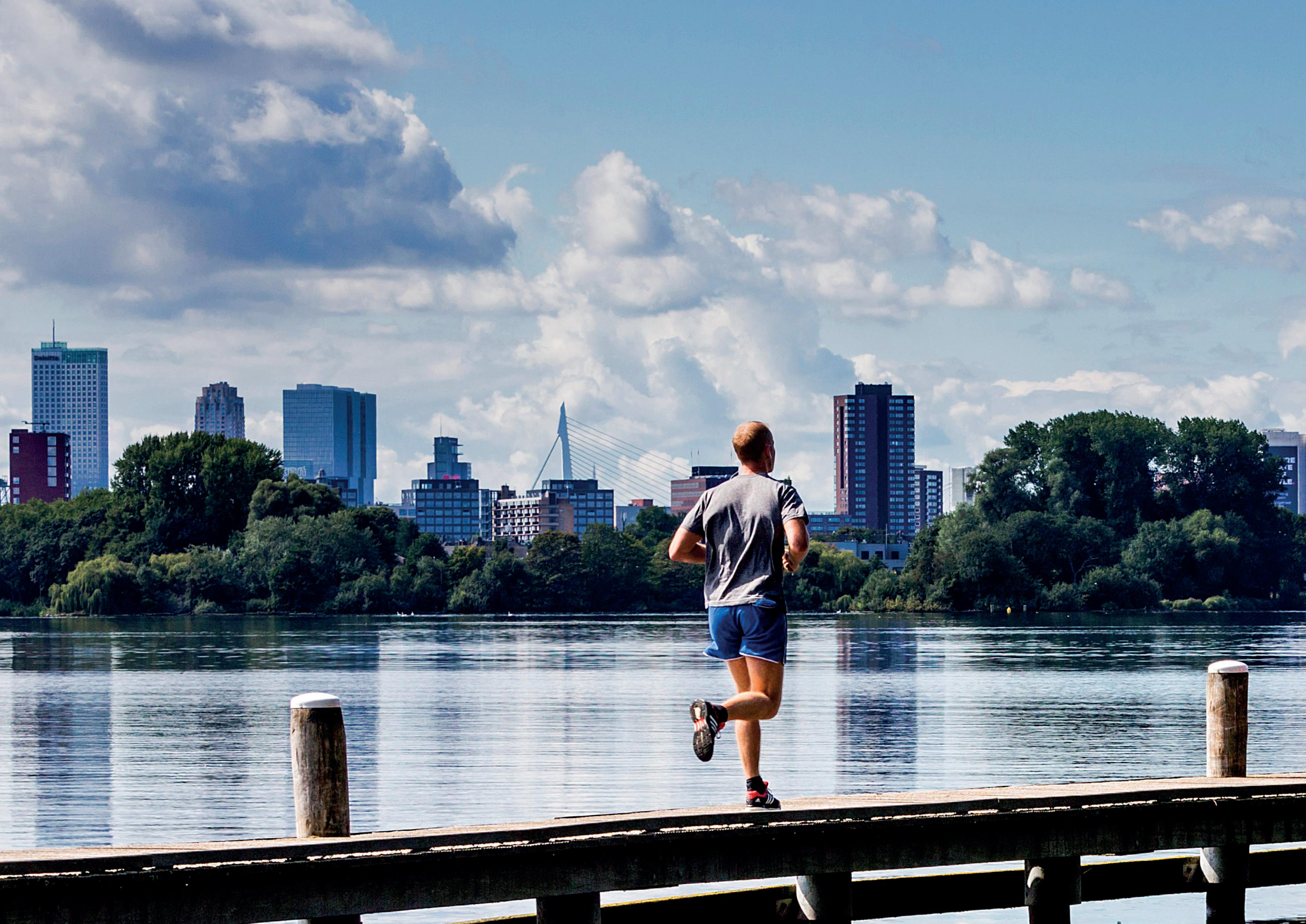

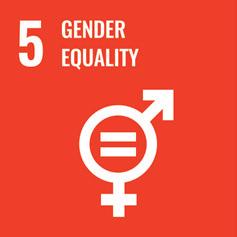
Promote inclusive tourism in your city or region by working with partners
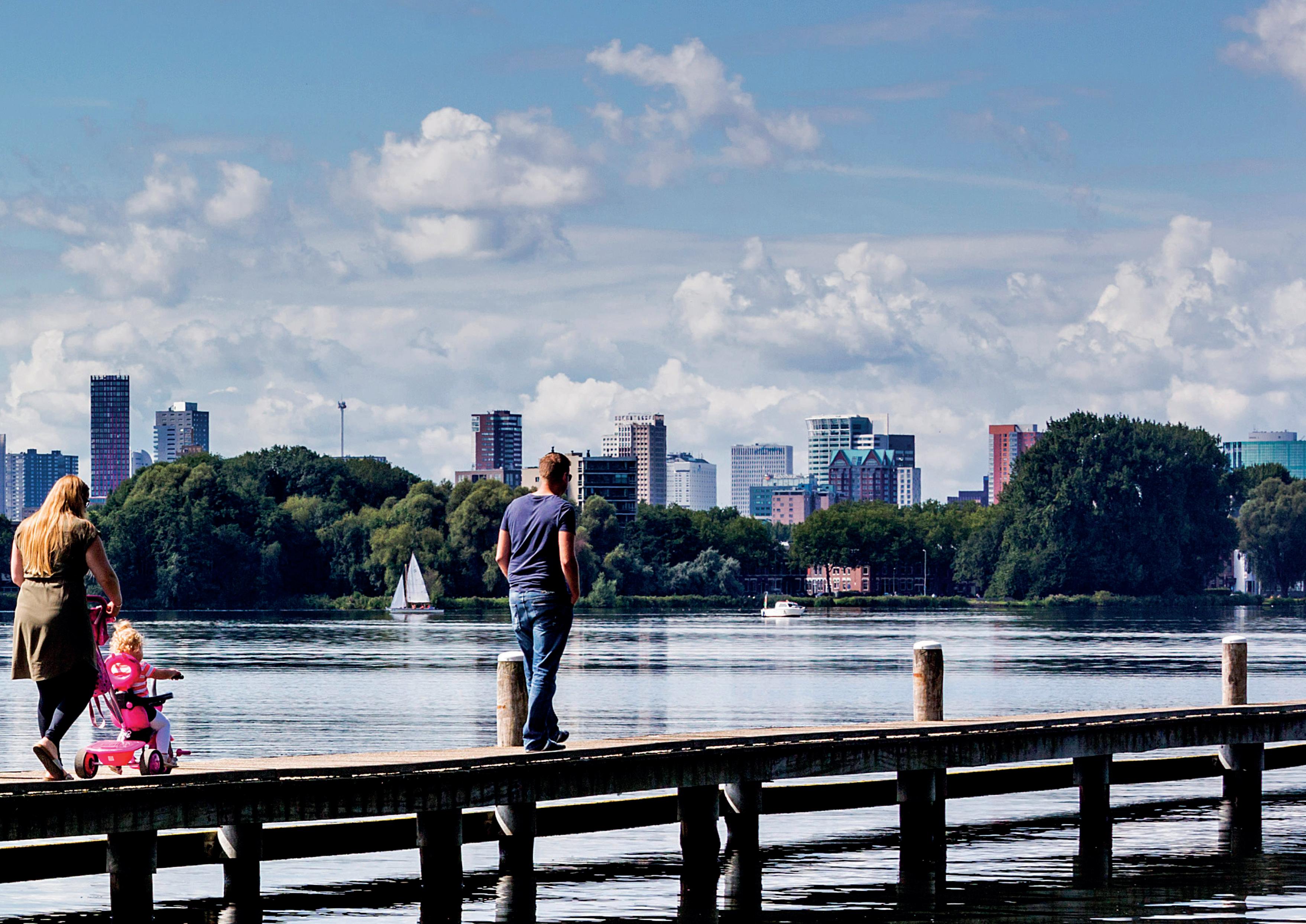
Work with the business community, cultural and educational institutions to raise awareness of opportunities for vulnerable and disadvantaged groups



Set a good example on accessibility and inclusiveness by ensuring your own physical and online platforms are accessible
Commit to promoting physical accessibility in your destination
Make sure your organisation reflects the people in your city or region
Towards a sustainable visitor economy - A practical toolkit for destination and city marketing organisations
 Photo: Kralingse Plas –Iris van den Broek
15.
Photo: Kralingse Plas –Iris van den Broek
15.
Understand who your visitors are and their motives and expectations, in order to provide the best possible service
Look at your destination through your visitors’ eyes
Drive the development of hospitality in your city or region – not only at your own touchpoints, but also by businesses, local government, residents and cultural institutions

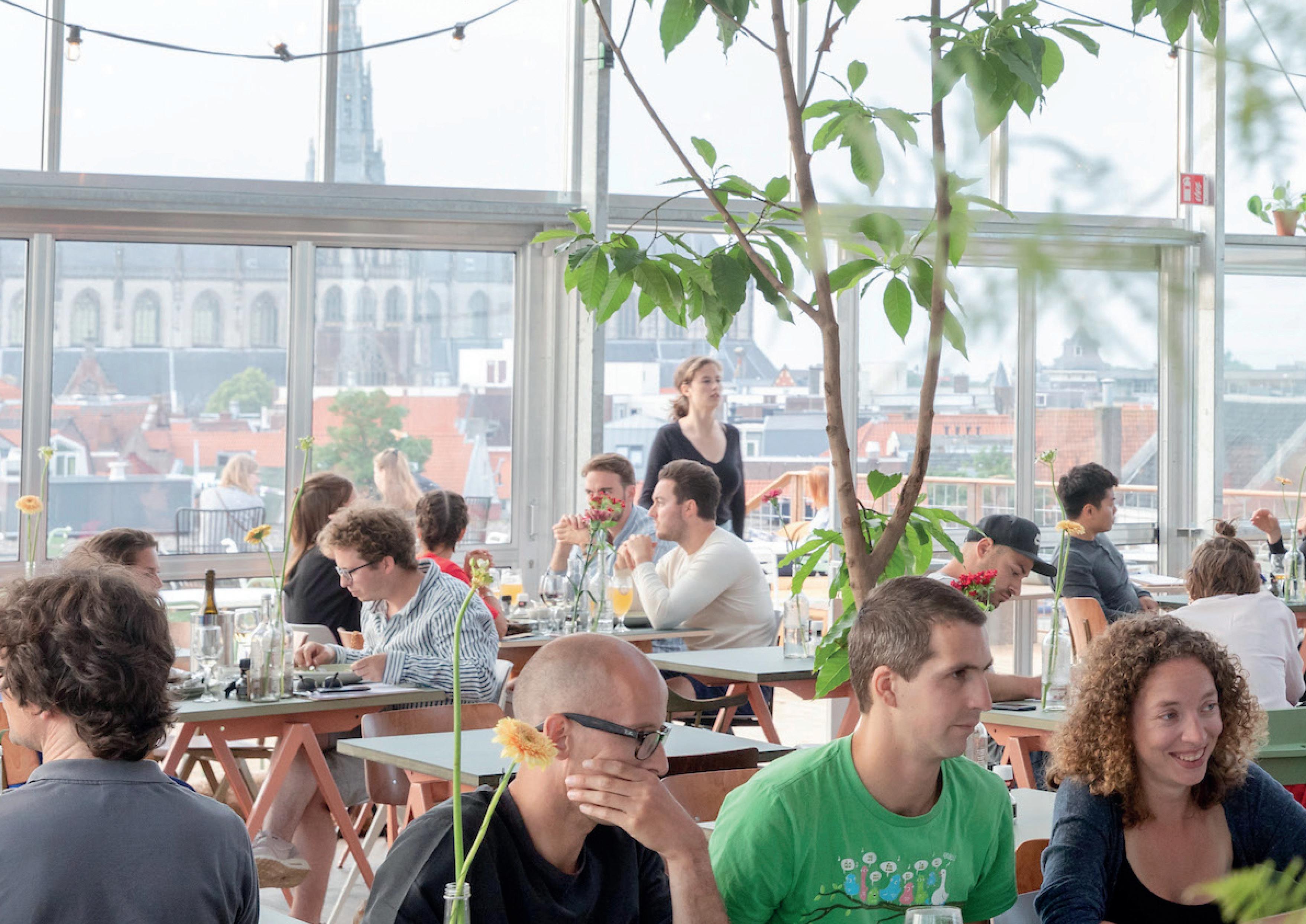
Expand your capacity for communicating with visitors through a variety of channels (especially digital communication channels)
Invest in encouraging residents to visit cultural institutions and explore unfamiliar neighbourhoods and lesser-known attractions and events in your city or region
Towards a sustainable visitor economy - A practical toolkit for destination and city marketing organisations


Gather insights into the labour market within your city or region
Stimulate lifelong learning among the employees of your DMO/CMO. Motivate staff to keep developing and give them room to do so
Secure digital skills within your DMO/CMO and/or train employees in these
Secure social skills within your DMO/CMO and/or train employees in these skills, which are essential when working in the hospitality sector
Secure green skills within your DMO/CMO and/or train employees in these skills, which are essential when working towards a sustainable visitor economy
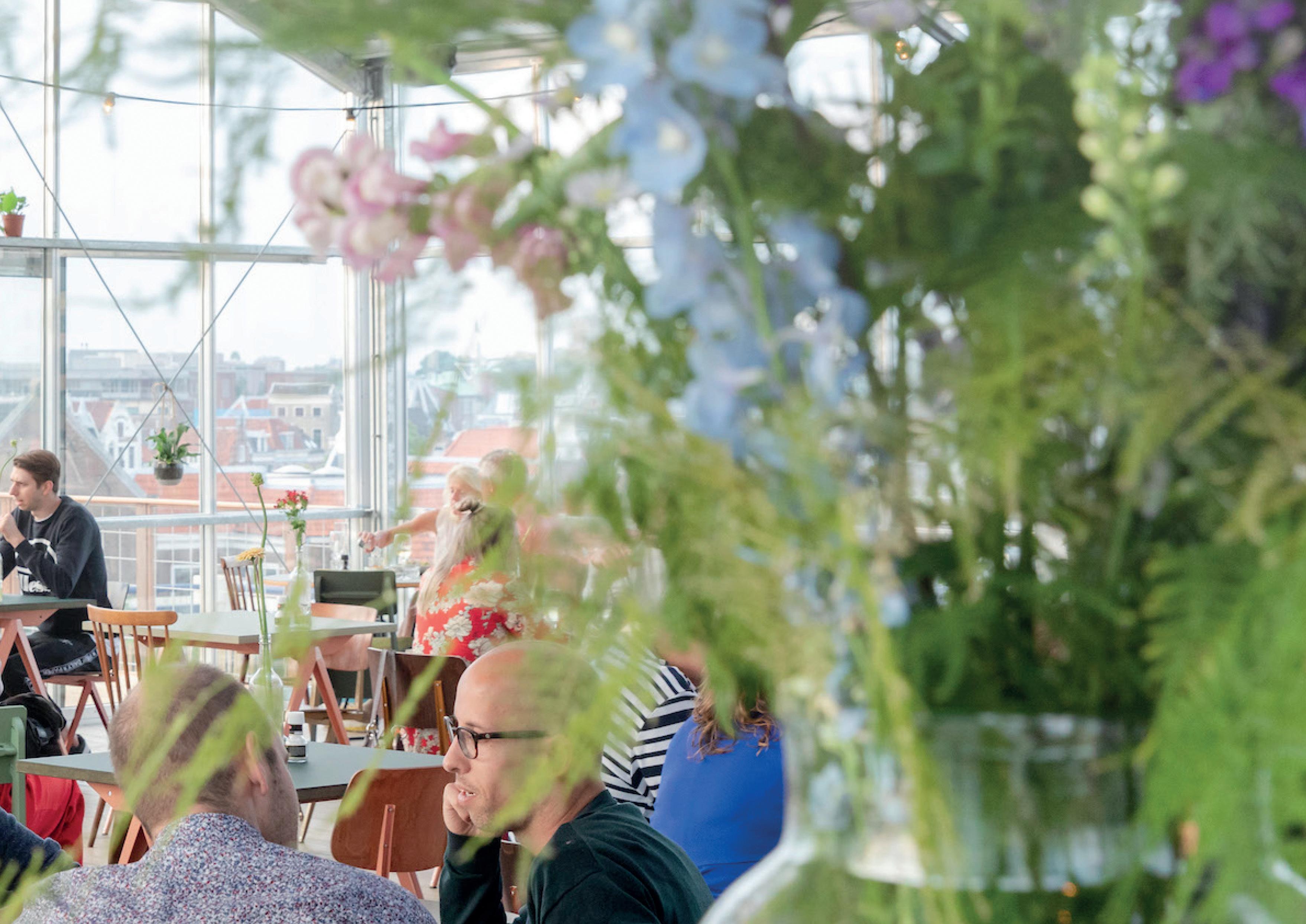
Collaborate with educational institutions. Contribute to the development of future professionals by taking part in projects with students and offering internships


Offer your staff the opportunity to actively participate in Destination Netherlands’ knowledge sessions
Towards a sustainable visitor economy - A practical toolkit for destination and city marketing organisations
 Photo: De Dakkas © Haarlem Marketing
Photo: De Dakkas © Haarlem Marketing
Ensure that employees are aware of trends and current developments in the sector and respond accordingly, for example with regard to digital trends, sustainability and hospitality
Offer workshops/webinars for partners. Include partners in learning about the latest trends and developments
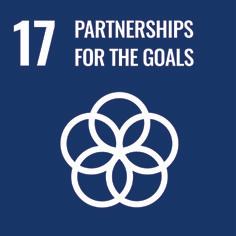
Work with stakeholders to think about possible future scenarios
Incorporate trends and developments in your corporate communication strategy
Include policy officers and directors in developments in your city or region and your view of these developments

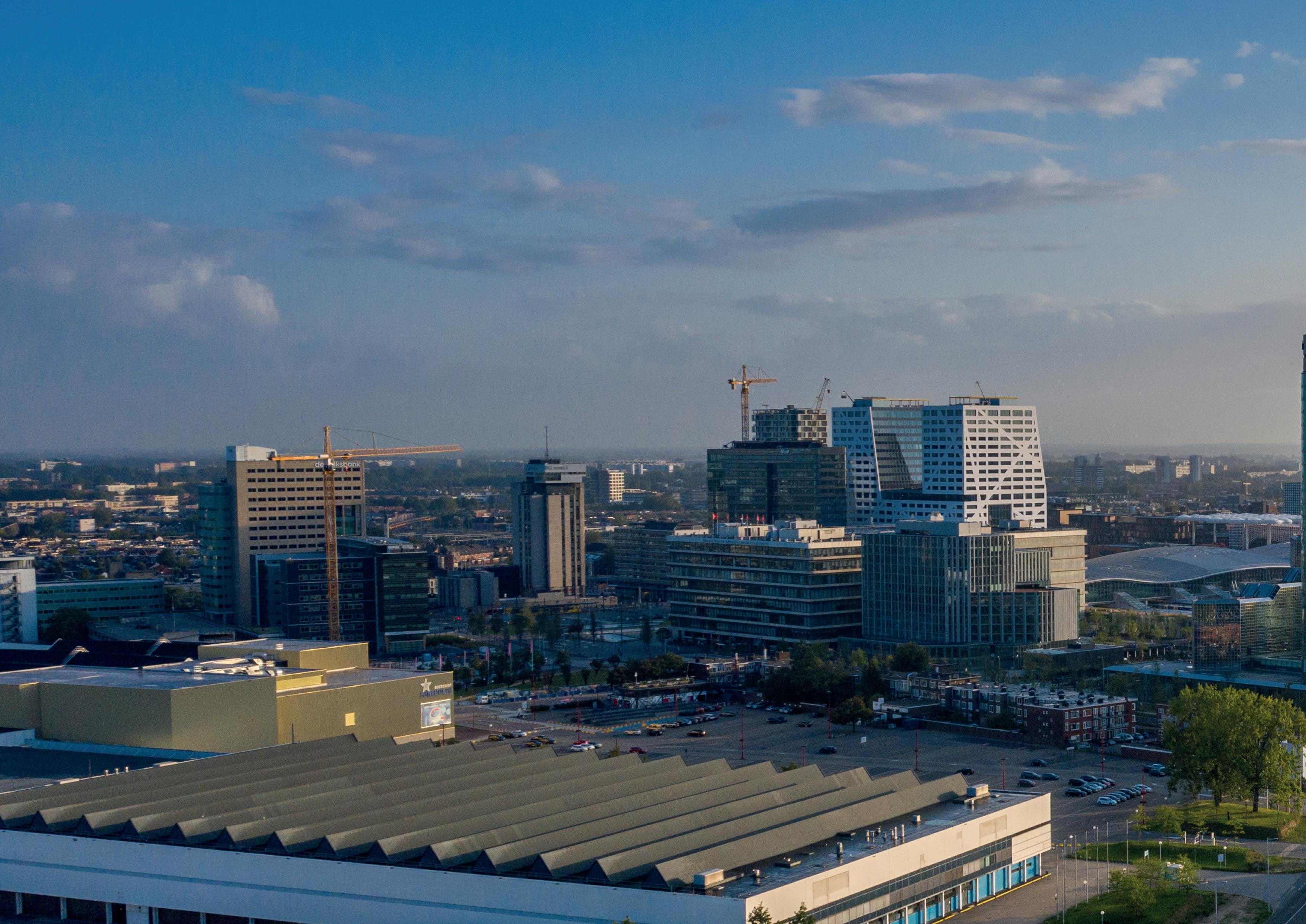
This toolkit is based on an earlier publication (The changing role of the DMO), which was co-created in 2019 under the guidance of Toposophy with input and expertise from:
• Renske Satijn and Jannelieke Aalstein
- Rotterdam Partners

• Martijn Bulthuis - Leiden&Partners
• Peter Kentie and Erik van Gerwen
- Eindhoven365
• Marco Esser - The Hague & Partners
• Geerte Udo - amsterdam&partners
• Edith Kurris - Visit Zuid-Limburg
• Herre Dijkema - Toerisme VAN
• Erik van den DobbelsteenVVV Zeeland
• Giel Polman - Limburg Marketing
• Rijk van Ark - Utrecht Marketing
• Heleen Huisjes - VisitBrabant
• Roeland Tameling - expertgroup Marketing
• Irma van OostenMarketing OP Voorne-Putten
• Cinto Prosperi - VVV Ameland
• Nik Smit - Almere City Marketing
• Kees van Wijk and Wendy Sieger Kintzen - Kennisnetwerk Destinatie Nederland
• Eduard Pieter Oud –Respons (moderator)
• Peter Jordan – Toposophy (tourism & placemaking research)
This practical toolkit, ‘Towards a sustainable visitor economy’, has been expanded and upgraded by Wendy Sieger-Kintzen, Rafaela Ribeiro and Daniëlle van Eenennaam (Destination Netherlands). The additional information comes from a range of national and international sources published in recent years which explore the role of the DMO/CMO in the sustainable visitor economy. This toolkit aims to make this information accessible for DMOs and CMOs.
Photo: City of Utrecht, Edwin van WanrooijTwelve steps for DMOs and CMOs to work towards a sustainable visitor economy. In addition to working on these steps within your city or regions, it is important to cooperate on a national level. Contribute to the professionalisation of the sector by cooperating and sharing knowledge at a cross-regional level. Form coalitions of interested parties or ‘destination clubs’ to pool resources and responsibilities. Cooperate on the basis of a long-term programme focused on concrete objectives and results within the sustainable visitor economy.
Also work together to achieve greater alignment within the framework of Perspective 2030.
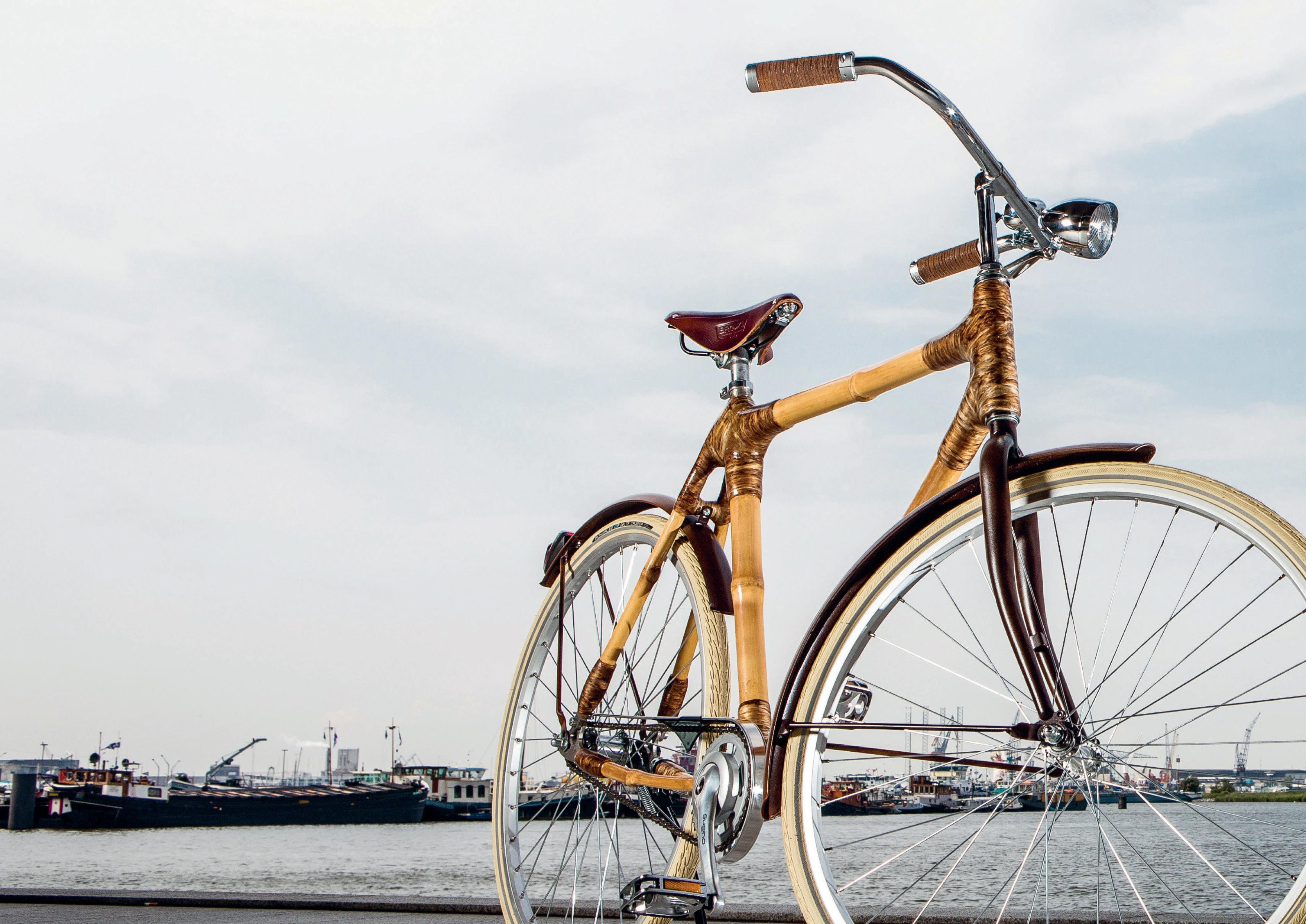
Destination Netherlands (Destinatie Nederland) is a network and branch organisation of 60 destination and city marketing organisations in the Netherlands. It is a national knowledge network for and by professionals from the sector. Connecting and sharing knowledge in order to contribute to development, cooperation and the strengthening of the sector are at the heart of Destination Netherlands.

- Agenda Conscious Destinations (CELTH)
- The changing role of the destination marketing organisation (Destination Netherlands)
- European Tourism Transition Pathway (European Commission)
- Guidance on destination management (Leidraad Bestemmingsmanagement) (NBTC)
- The Road to Climate Neutral Tourism (NBTC)
- Perspective 2030 (NBTC)
- Creating welcoming destinations (Samen bouwen aan gastvrije bestemmingen) (Destination Netherlands)
- SDGs in relation to tourism (United Nations)
- The future of DMOs | The ECM Manifest (City Destinations Alliance)
- Accessible Destinations (CELTH)
- Why decarbonization will disrupt the future of travel (Destination Think)
For more information, see destinatienederland.nl

Contact details:
Destination Netherlands
VVV Nederland BV
Papendorpseweg 99 Building A – 4th floor
3528 BJ UTRECHT
info@destinatienederland.nl destinatienederland.nl

Destination Netherlands is a network and branch organisation of 60 destination and city management organisations in the Netherlands, with a small team based at and part of VVV Netherlands (VVV Nederland) in Utrecht.
Publishing details:
Destination Netherlands, June 2023
Design: Miquel Imlabla, mixthis.nl
Translation: EdenFrost Communication
Towards
a sustainable visitor economy - A practical toolkit for destination and city marketing organisations
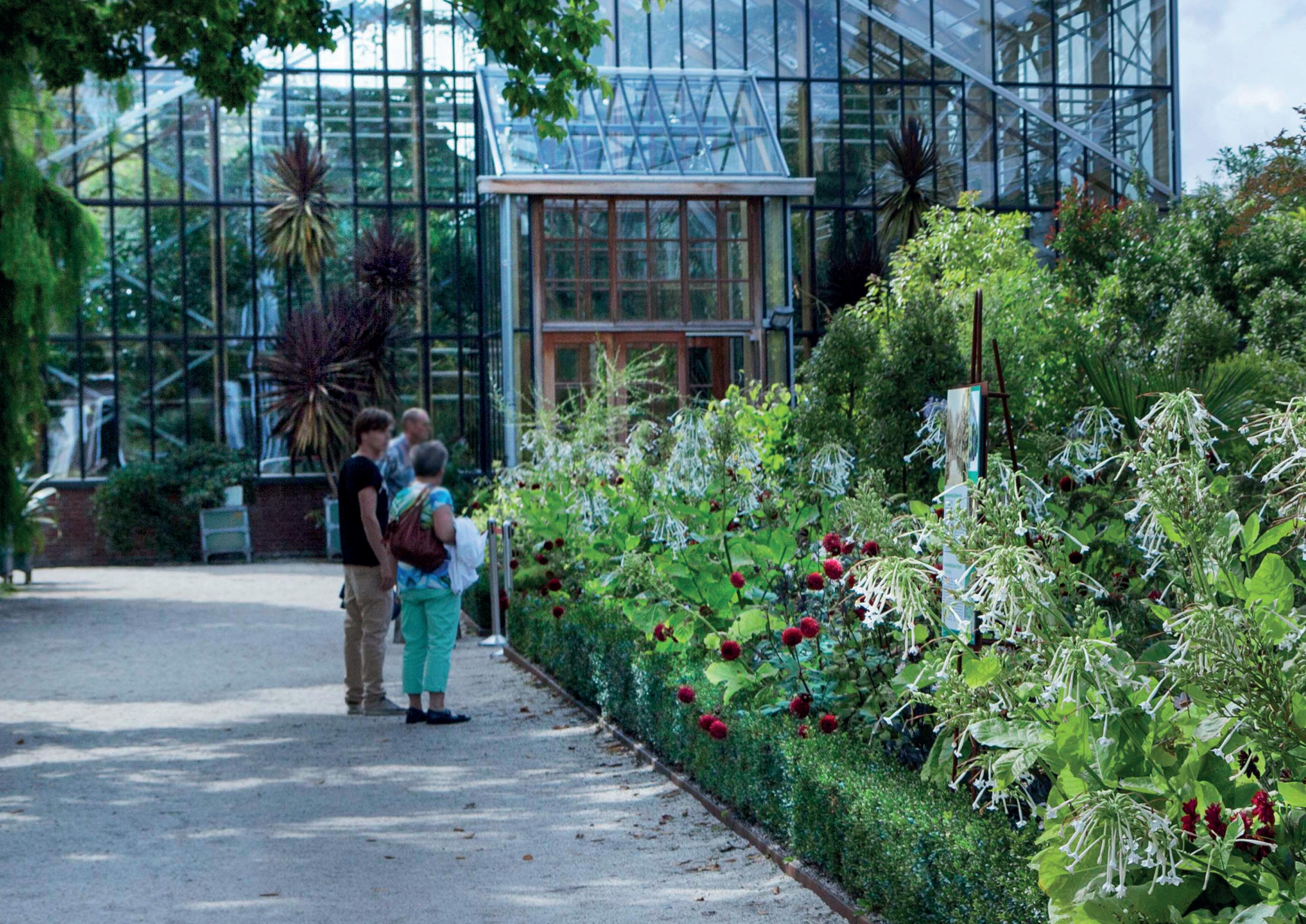 Photo: Hortus Botanicus©Wim Sonius
Photo: Hortus Botanicus©Wim Sonius